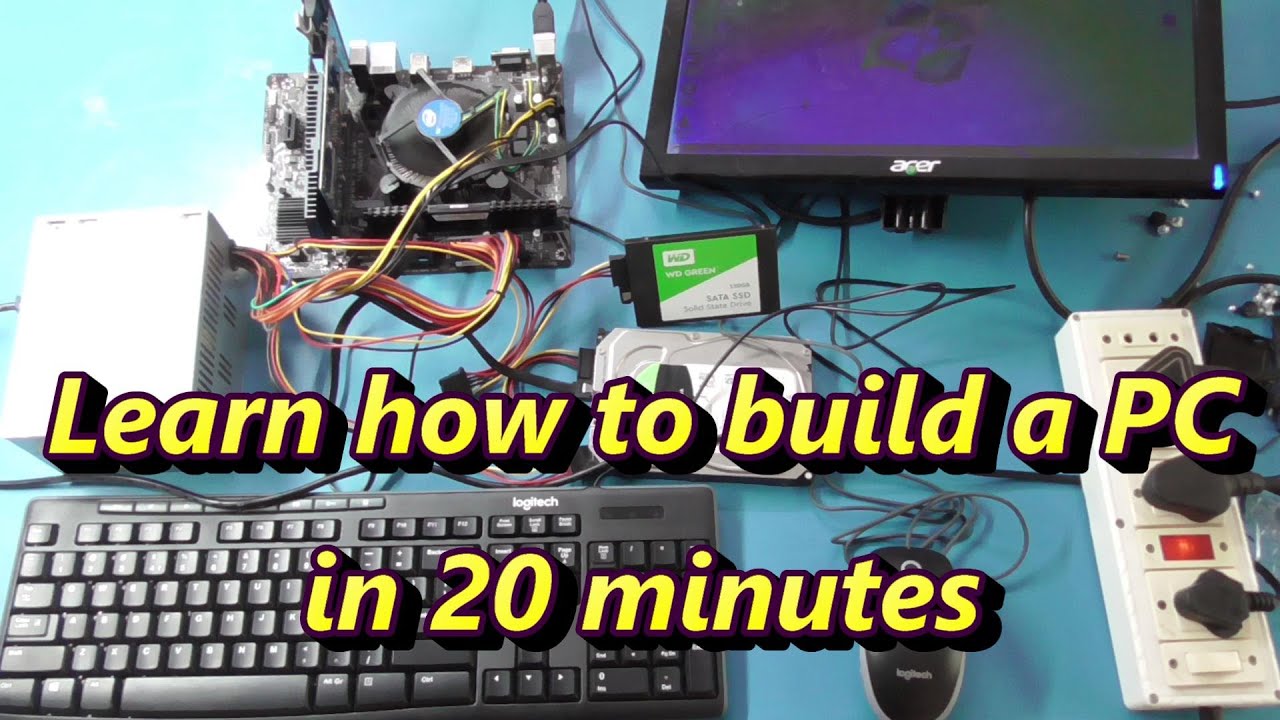In February, AMD released the first parts in its highly anticipated Ryzen 7000X3D series. This new line combines AMD's 3D V-Cache packaging with high-performance and highly efficient Zen 4 cores. Two out of the three X3D series processors were available for the initial launch, including the flagship Ryzen 9 7950X3D and the slightly lower-spec Ryzen 9 7900X3D. However, AMD may have saved the best for last. Today, we will be looking at the third sibling from the Ryzen 7000X3D line-up, the long-awaited Ryzen 7 7800X3D.
The AMD Ryzen 7 7800X3D is the direct successor to last year's highly successful Ryzen 7 5800X3D, boasting 8 Zen 4 CPU cores, a base core frequency of 4.2 GHz, and a boost clock of up to 5.0 GHz. But what sets this processor apart from its predecessor is that it's using AMD's latest Zen 4 cores, built on TSMC's 5 nm node, which promises to take power and performance efficiency to the next level for gamers. Perhaps the biggest advantage of the Ryzen 7 7800X3D is its massive 96 MB of L3 cache, thanks to AMD's implementation of its 3D V-Cache packaging technology in cooperation with TSMC. Our reviews of the previous generation Ryzen 7 5800X3D and the behemoth Ryzen 9 7950X3D have shown this technology to be a success – sometimes, massively so – in specific games that are able benefit from the additional L3 cache.
Overall, the Ryzen 7 7800X3D appears to be a promising addition to the Ryzen 7000X3D lineup. Its impressive 96 MB of L3 cache and coming with the added benefits of Zen 4 cores make it a strong contender for gamers. However, it remains to be seen how it will perform in real-world applications compared to other current generation chips on test, as well as looking at how the performance in gaming stacks up.


